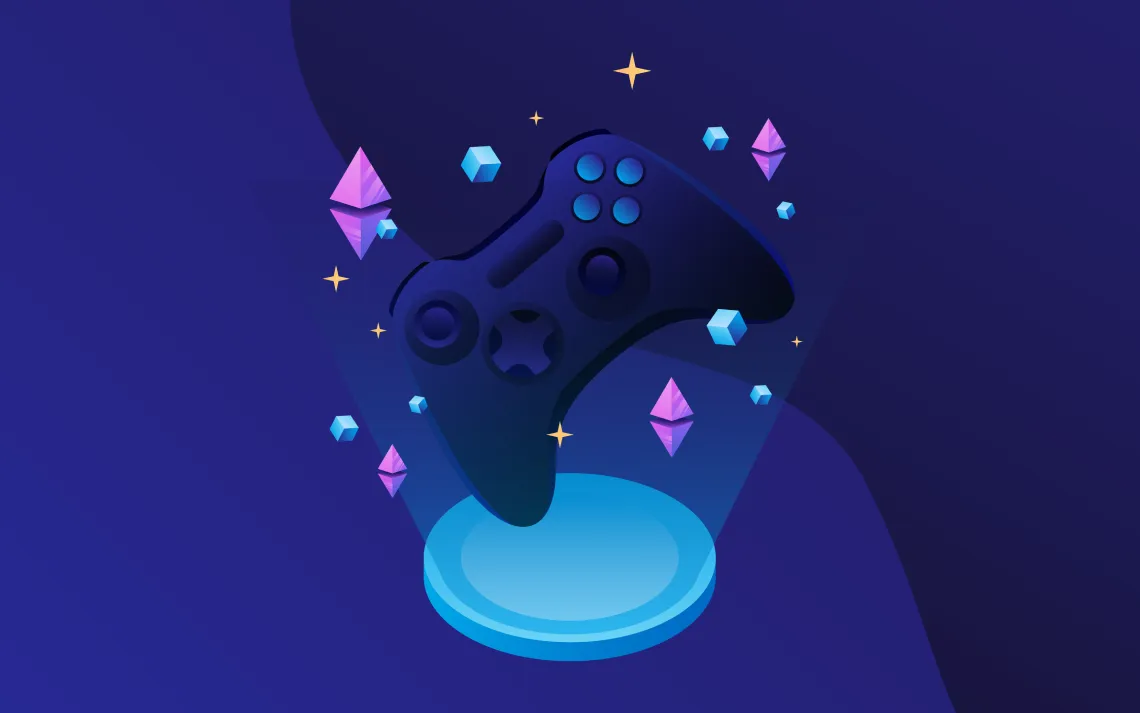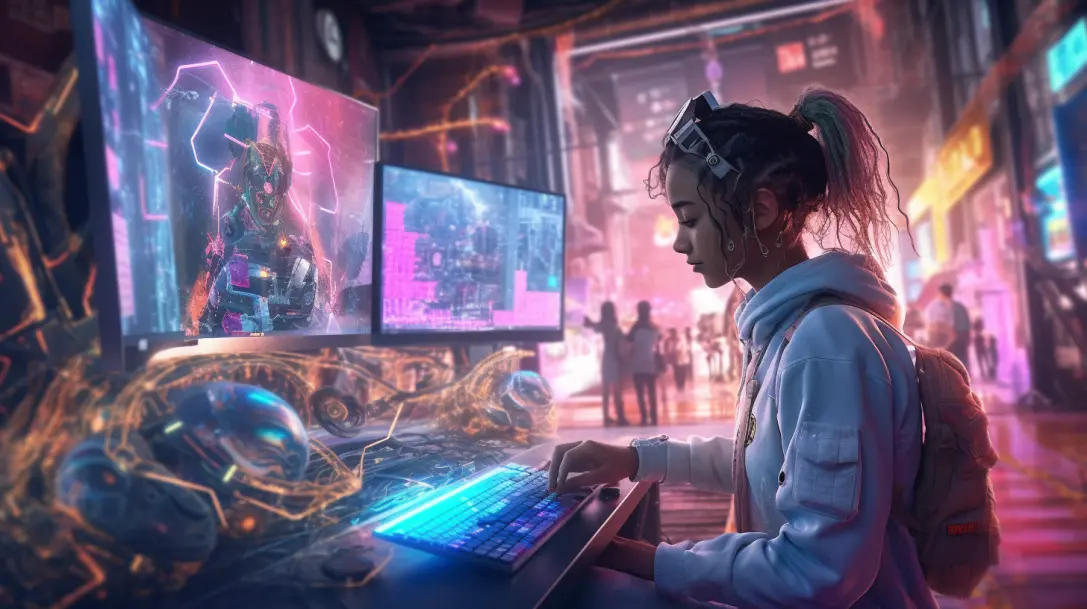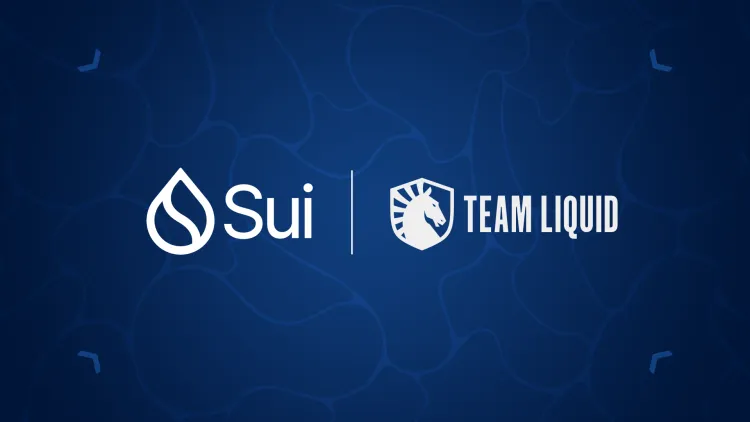In the ever-evolving world of competitive gaming and eSports, a notable shift is occurring as professional gamers are starting to get more involved with blockchain gaming. This intersection signifies a pivotal moment in traditional gaming and eSports, where strategic gameplay meets the decentralized nature of blockchain.
In this article, we unravel the implications of this integration, not just in terms of the gaming experience but also in the fundamental aspects of competitive play. We will also provide insight into why the amalgamation of eSports and blockchain is poised to reshape the gaming landscape.
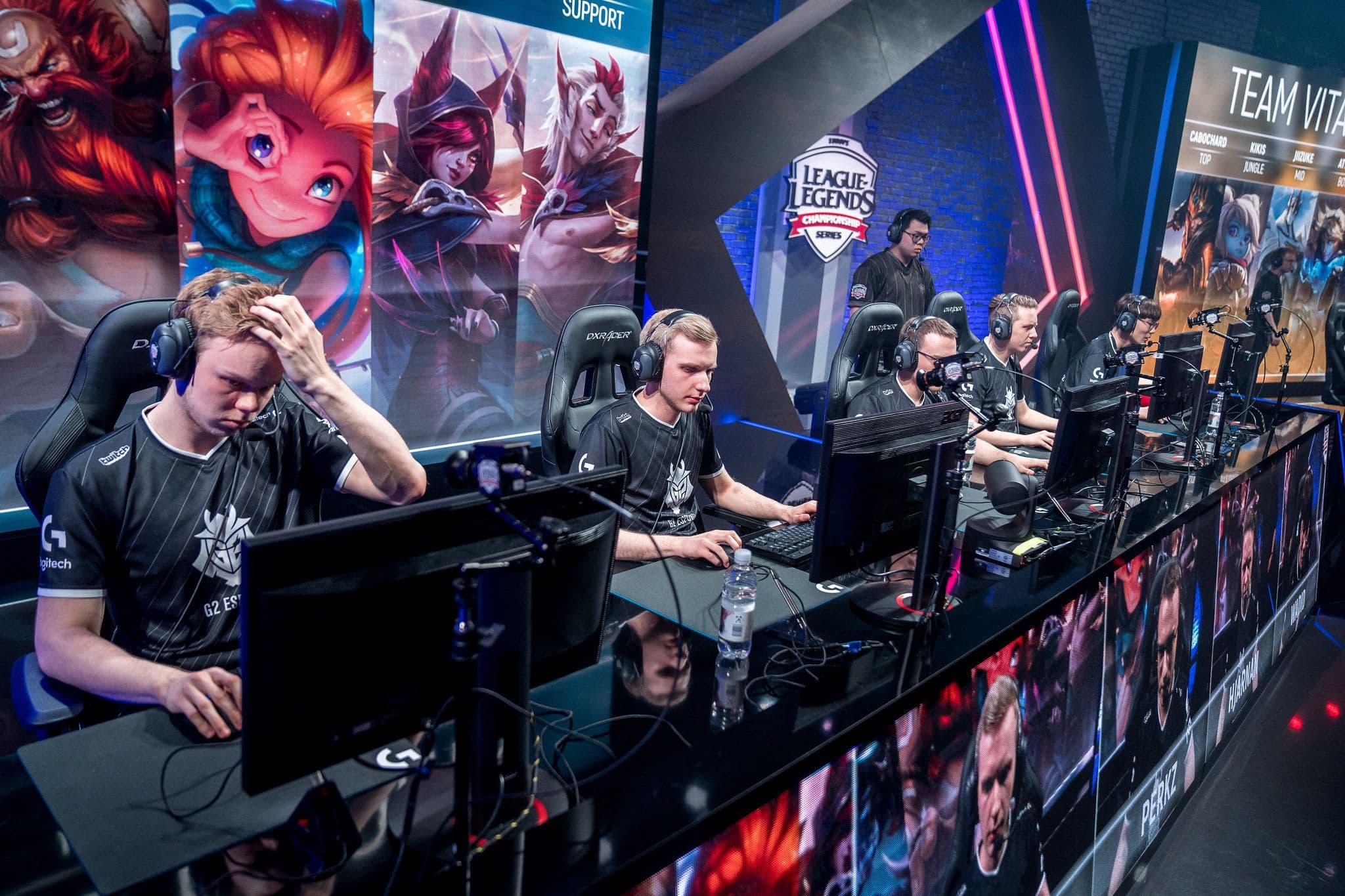
Evolution of eSports
Gaming has reached unprecedented levels of popularity, surpassing both the television and music industries combined. In its latest report, market intelligence firm Newzoo projects a positive trajectory for the global gaming market in 2024, with an estimated revenue of $189.3 billion.
Concurrently, eSports has transformed from small LAN tournaments to massive stadium events. "The International" for Dota, for instance, attracts millions of viewers, with top teams competing for multi-million dollar prize pools. This would have been unthinkable a decade ago.
However, issues concerning transparency, profit distribution, and ownership have plagued eSports. Despite pro gamers dedicating significant time to honing their skills, most profits end up in the pockets of tournament organizers and developers.
Blockchain gaming emerges as a solution, introducing new business models that empower players and ensure fair rewards. With blockchain gaming investments exceeding $2 billion in 2022 alone, eSports is now integrating web3 concepts.

eSports Meets Blockchain
In the dynamic realm of eSports, where competition is fierce and stakes are high, the integration of blockchain technology has emerged as a promising catalyst for fostering fairness and transparency.
This transformative technology offers a decentralized framework that can address longstanding issues within the eSports ecosystem. There are four key avenues through which blockchain has the potential to usher in a new era of equity in eSports.
From secure and transparent transactions to the establishment of tamper-proof player profiles, blockchain stands poised to revolutionize the industry, creating a level playing field that not only benefits players but also enhances the overall integrity of competitive gaming.

Four Ways Blockchain Improves eSports
(1) True Ownership of In-Game Items:
Blockchain technology, through non-fungible tokens (NFTs), allows gamers to own in-game items. Unlike traditional setups where publishers control ownership and can shut down servers, blockchain ensures players have ownership rights. For example, to avoid instances such as when Blizzard shut down World of Warcraft servers in China, robbing players of their hard-earned in-game items.
(2) Boosting Fan Loyalty:
Blockchain enhances fan loyalty and engagement platforms by offering verifiable digital memorabilia. This allows loyal fans to showcase their dedication, trade legitimate memorabilia, and participate in verified interactions, providing valuable data to sponsors.
(3) New Fundraising Avenues:
Blockchain enables the tokenization of eSports teams and athletes, allowing fans to invest directly and providing tokenized contracts that encode revenue shares for players. This opens up new fundraising opportunities, allowing fans to financially contribute to their favorite teams' success.
(4) Transparent Gaming Odds and Tournament Splits:
Smart contracts bring transparency to loot box percentages, tournament prize splits, and more by encoding rules in auditable code. This aligns well with the values of Gen Z gamers, who seek transparency in their gaming experiences.
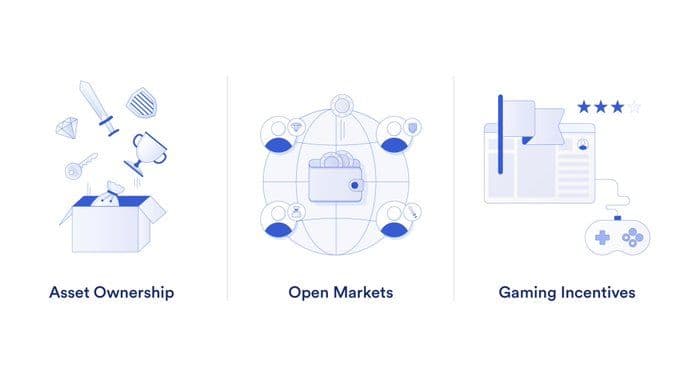
Iconic Examples
As eSports teams and pro players actively embrace blockchain, examples include Cloud9's partnership with Axie Infinity for the STRATUS x Axie tournament, Gaimin Gladiators incorporating blockchain technology, and rising prize pools in blockchain gaming, such as the $1 million Axie Infinity Classic (v2) World Championship.
Let us take a closer look at some compelling examples that epitomize how blockchain gaming is rapidly gaining traction in the realm of esports, ushering in a wave of innovation and redefining the traditional boundaries of competitive gaming.
Examples of Blockchain and eSports
(1) Cloud9 STRATUS Tournament:
Cloud9 is establishing itself as a key player in the realm of blockchain gaming. The STRATUS x Axie tournament was a collaborative effort between the prominent North American esports organization, Cloud9, and the leading blockchain game, Axie Infinity. The event took place back on January 4th, 2023.
Cloud9's renowned membership program, STRATUS, caters to superfans, providing exclusive insider access and special merchandise. In this tournament, fans had the unique opportunity to engage with Cloud9's players in competitive gameplay.
Axie Infinity has earned acclaim as an early pioneer in blockchain gaming, amassing an impressive $1.3 billion in NFT sales in 2021. The strategic partnership between Cloud9 and Axie Infinity underscores the increasing synergy between traditional gaming and the innovative landscape of blockchain technology.
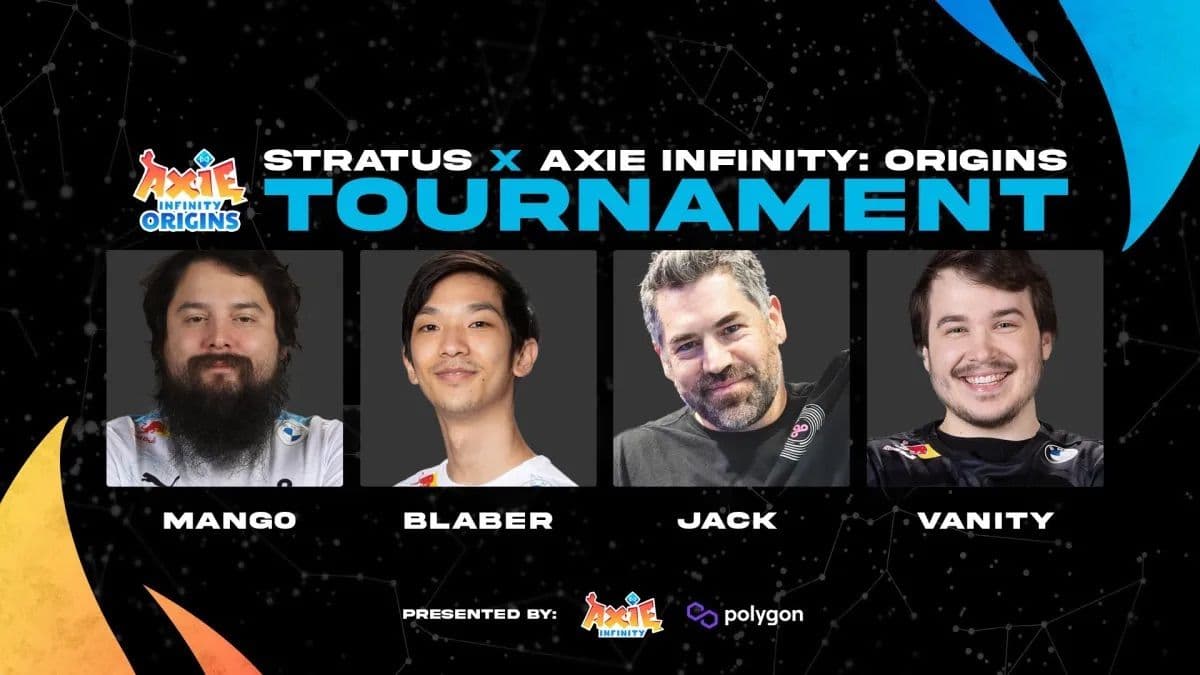
(2) Gaimin Gladiators:
Gaimin Gladiators, a rising force in the eSports realm since its establishment in 2022 and a proven winner at prestigious tournaments like the ESL One Berlin Major, is embracing the transformative power of blockchain technology within eSports.
In a recent interview, Joseph Turner, the co-founder and Chief of Esports at Gaimin, conveyed his strong belief that web3 games are poised to become the industry standard. He emphasized the team's commitment to staying ahead of the curve, stating: "Given the current trajectory of game development, it's hard to envision a future where Web3 titles don't dominate the gaming landscape."
Erik "Tofu" Engel, a seasoned professional Dota 2 player with Gaimin, shared this sentiment. Engel views blockchain gaming as an emerging frontier and expresses eagerness to explore its potential for enhancing and rewarding the gaming experience.
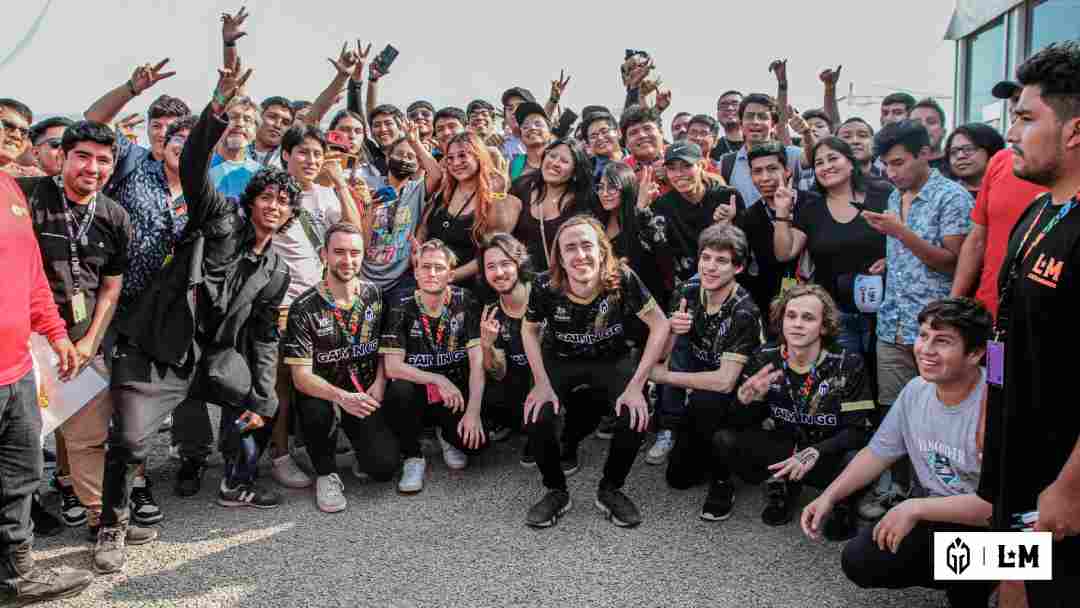
(3) Axie Infinity Classic (v2) World Championship:
The Axie Infinity Classic (v2) World Championship of 2022 boasted an impressive prize pool of $1 million. This figure draws parallels to the inaugural "The International" tournament organized by Valve, which also featured a $1 million prize pool. The significance of this event reverberates through the annals of competitive, free-to-play gaming, establishing a groundbreaking standard for the industry.
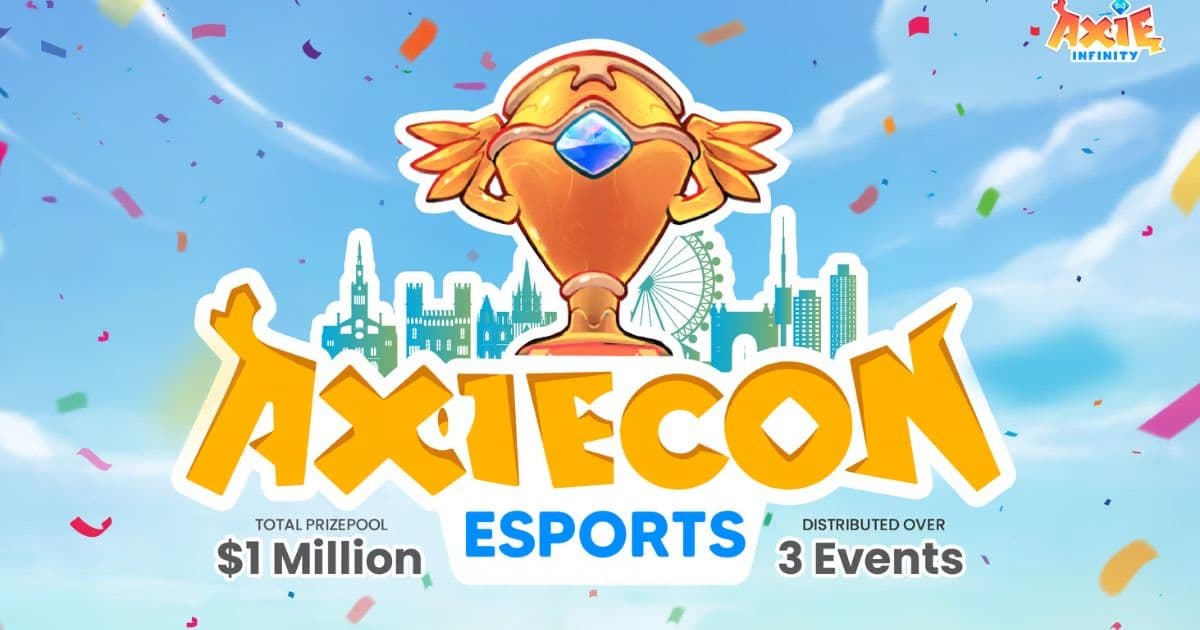
(4) Immutable X's Gods Unchained
Gods Unchained, a widely acclaimed blockchain-based Trading Card Game (TCG) available on the Epic Games Store, is experiencing significant growth in its competitive gaming realm. The surge in community-driven tournaments and contests for Gods Unchained reflects a growing enthusiasm among players eager to showcase their skills in high-stakes competitions.
The Xtreme Championship Series, presented by XBorg, consisted of a generous prize pool of 100k (20k per game). Skilled Gods Unchained players got to compete for a monthly prize pool of 12k (4k per month) along with valuable leaderboard points.
The emergence of a more robust competitive landscape for Gods Unchained not only underscores the potential for blockchain games to break into the mainstream market but also highlights their ability to cultivate dedicated player communities, propelling the development of structured eSports-like ecosystems.
As the adoption of competitive gaming titles gains momentum, we anticipate further affirmation of blockchain's capacity to facilitate compelling and competitive gaming formats.

Future of eSports on Blockchain?
The future of eSports will be inherently linked with blockchain because blockchain enables:
- True digital ownership of in-game items through NFTs, allowing players and fans to trade securely.
- Increased fan loyalty by offering a more engaging experience, enabling fans to collect provable digital memorabilia.
- Innovative funding avenues for teams and events through tokenized fan contributions and transparent revenue splits.
- Full transparency to gaming odds and eSports tournament payouts via public ledgers, ensuring fairness.
Together these decentralization capabilities solve several problems in competitive gaming relating to ownership, trust, and revenue.
Final Thoughts
However, competitive gaming needs blockchain infrastructure that can scale. Immutable X, a global leader in web3 gaming, addresses these issues by providing solutions like Immutable X, a rollup based on StarkWare technology, and Immutable zkEVM, powered by Polygon. As blockchain gaming continues to grow, Immutable aims to propel eSports into a new era of exponential growth, offering an unprecedented competitive gaming experience.
This article was inspired by an original blog post from Immutable you can read the full post on their website here for more information.

